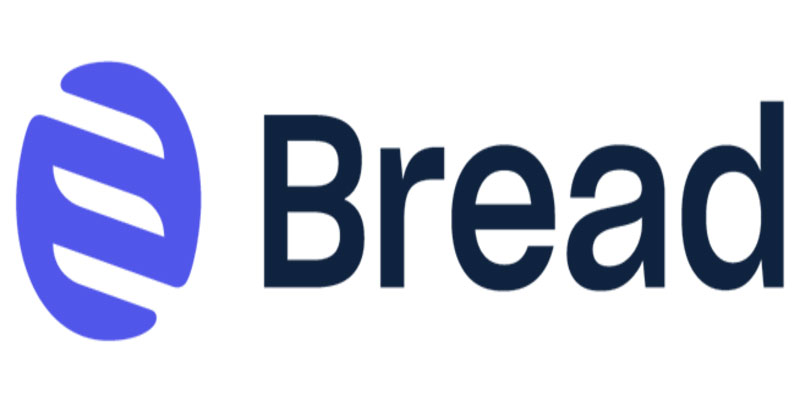
Embarking on the journey of financial growth and investment often necessitates a shift from conventional banking services to a more specialized avenue — the brokerage account. While banks are synonymous with daily financial transactions and savings, a brokerage account emerges as the tailored solution for those with a keen interest in actively managing and growing their wealth through strategic investments.
In this guide, we delve into the pivotal aspects of why a brokerage account stands as an indispensable tool for investors. So, without any further ado, let's get into it to explore the key basics!
Why Open a Brokerage Account?
A brokerage account serves a distinct purpose compared to a traditional bank account. Its primary function is to provide a platform for buying and selling various financial instruments, such as stocks, bonds, and mutual funds.
Opening a brokerage account is a strategic move for individuals seeking to actively participate in the world of investments and grow their wealth. Here are compelling reasons why you should consider opening a brokerage account:
Diversified Investment Opportunities
A brokerage account offers a diverse array of investment options beyond what traditional bank accounts provide. From individual stocks and bonds to exchange-traded funds (ETFs) and mutual funds, investors can tailor their portfolios to align with their risk tolerance, financial goals, and market preferences.
Potential for Higher Returns
Unlike conventional savings accounts, which offer modest interest rates, a brokerage account provides the opportunity for higher returns. By actively investing in assets with growth potential, investors can capitalize on market trends and aim for substantial long-term returns, contributing to the growth of their overall wealth.
Tailored Investment Strategies

A brokerage account allows for the implementation of personalized investment strategies. Whether you're focused on long-term growth, income generation, or a combination of both, the flexibility of a brokerage account empowers you to craft a strategy that aligns with your financial objectives and risk appetite.
Professional Research Tools and Resources
Many brokerage platforms offer sophisticated research tools and resources that empower investors with valuable insights. From real-time market data and performance analytics to company reports and economic indicators, these tools provide the information needed to make well-informed investment decisions.
Active Portfolio Management
With a brokerage account, you have direct control over your investment portfolio. This level of autonomy enables active portfolio management, allowing you to respond promptly to market changes, rebalance your portfolio, and seize investment opportunities as they arise.
Tax Advantages with Specialized Accounts
Certain types of brokerage accounts, such as Individual Retirement Accounts (IRAs) or 401(k)s, come with tax advantages. These accounts provide opportunities for tax-deferred growth or tax-free withdrawals in retirement, enhancing the overall tax efficiency of your investment strategy.
Step-by-Step Guide on Opening a Brokerage Account
A brokerage account is like a gateway to the world of investments. It's a platform provided by financial institutions that allows you to buy and sell various financial instruments such as stocks, bonds, and mutual funds.
Step 1: Assess Your Financial Goals
Before diving in, take a moment to assess your financial goals. Are you saving for a specific milestone, like buying a house or planning for retirement? Understanding your objectives will guide your investment strategy.
Step 2: Choose the Right Brokerage Firm
Not all brokerage firms are created equal. Some cater to seasoned traders, while others are more user-friendly for beginners. Look for one with low fees, a user-friendly interface, and excellent customer service. Online reviews can be a valuable resource in making this decision.
Step 3: Gather Necessary Documents
Opening a brokerage account requires some paperwork. Be prepared to provide your social security number, proof of identity, and possibly proof of income. Have these documents handy to streamline the application process.
Step 4: Online Application Process
In the digital age, opening a brokerage account is a breeze. Most firms offer an online application process that you can complete from the comfort of your home. Simply follow the prompts, providing the required information and documents.
Step 5: Funding Your Account
Once your application is approved, it's time to fund your account. This can usually be done through a bank transfer. Some firms may have a minimum initial deposit requirement, so be sure to check this beforehand.
Step 6: Explore Investment Options
With your account funded, you're now ready to explore investment options. Diversification is key, so consider spreading your investments across different assets. Stocks, bonds, and mutual funds are popular choices for beginners.
Common Pitfalls to Avoid

While opening a brokerage account is a straightforward process, there are some common pitfalls to be aware of:
Overlooking Trading Fees and Commissions
One common pitfall for novice investors is underestimating the impact of trading fees and commissions. While some brokerage accounts may offer commission-free trades, others may have varying fee structures. It's crucial to be aware of these costs, as they can eat into your overall returns.
Impulsive Trading Behavior
The accessibility of online trading platforms can lead to impulsive trading behavior. Reacting hastily to market fluctuations without a well-thought-out strategy can result in financial losses. It's essential to remain disciplined and adhere to your investment plan rather than succumbing to emotional decision-making.
Lack of Diversification
Failing to diversify your investment portfolio is a pitfall that can expose you to unnecessary risk. Overconcentration in a particular stock or sector may amplify losses during market downturns. A well-diversified portfolio helps mitigate risk and enhances the potential for stable, long-term returns.
Ignoring Risk Tolerance
Every investor has a unique risk tolerance, and ignoring this crucial factor can lead to mismatched investments. Investing beyond your comfort level may result in heightened stress during market fluctuations. Evaluate your risk tolerance objectively and construct your portfolio accordingly.
Neglecting Research and Due Diligence
In the excitement of initiating trades, some investors neglect thorough research and due diligence. Understanding the companies or assets you invest in is paramount. A lack of research can lead to uninformed decisions and missed opportunities for potential growth.
Conclusion
Congratulations on reaching this milestone! Opening a brokerage account is a pivotal step towards financial independence. Remember, the key is to start small, stay informed, and remain patient. With time, you'll become a savvy investor, navigating the market with confidence. Cheers to your financial journey!











